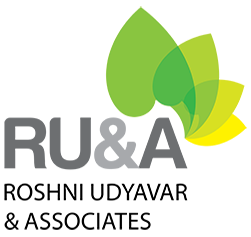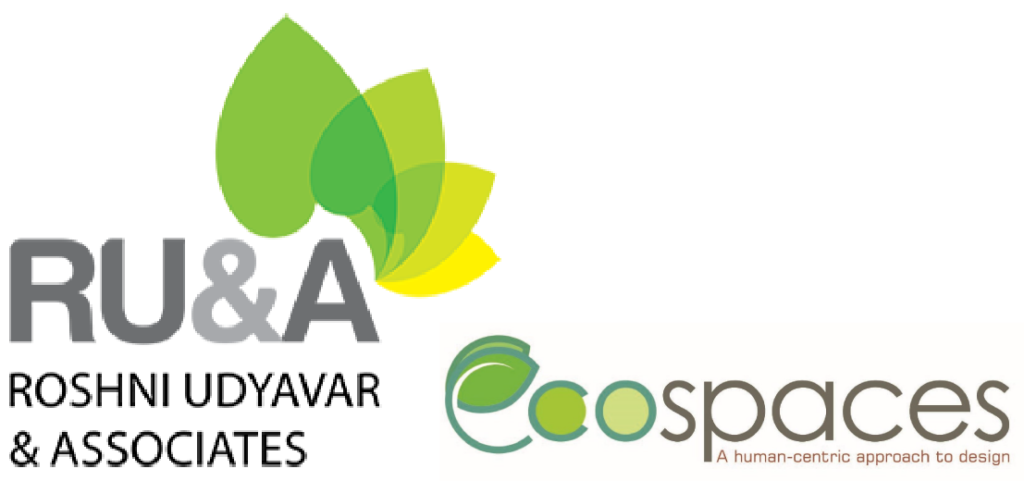Transforming Learning Environments with Tailored Sustainable Solutions
For decades, educational institutions have primarily focused on academic excellence and fostering intellectual growth. Yet, the importance of these spaces extending their impact towards environmental stewardship has gained significant traction. As awareness about climate change and resource depletion grows, there’s a pressing need to reframe the purpose of educational institutes not just as centres for learning, but also as advocates for sustainability.
The evolution toward green educational spaces isn’t merely a trend but a necessary paradigm shift. It is an acknowledgment of the interconnectedness between the environment and learning environments, recognizing that the well-being of future generations is intertwined with the health of our planet.
Educational institutions stand as pillars of knowledge and growth, not just for students but also for the environment they inhabit. With a growing emphasis on sustainability, institutes across the world are realizing the significance of eco-friendly practices in creating conducive and environmentally conscious learning spaces. This is where Green Audits come into the picture– a transformative step towards enhancing educational infrastructure while minimizing its ecological impact.
1) Green Audit: A Path to Environment-Friendly Educational Spaces:

At the heart of a Green Audit lies the intent to curtail a building’s water, waste, energy, and carbon footprint. This meticulous analysis of resource consumption and waste generation acts as the compass guiding recommendations for sustainable solutions. From rainwater harvesting to optimized energy and waste management, the objective is clear: to propel institutions towards self-reliance and self-sustainability in water and energy, ultimately striving for a zero-waste campus.
2) The Long-Term Gains of Green Audits

Beyond immediate benefits, such as reduced operational costs and a smaller carbon footprint, lies a profound impact on a city’s infrastructure. Anticipating future regulations mandating green norms and energy-efficient measures, Green Audits position educational institutes to comply with evolving standards like the Energy Conservation Building Code (ECBC). The foresight offered by these audits not only benefits the institutions but also contributes positively to the broader urban landscape.
3) Methodology Driving Change: The Green Audit Process

The essence of a Green Audit lies in its methodical evaluation of water, energy, and waste consumption. This comprehensive assessment employs online surveys, walk-throughs, and detailed energy audits where necessary. The gathered data further undergoes a process of rigorous analysis against established Indian and international benchmarks, forming the backbone of an Environmental Management Plan.
4) Empowering Institutions through Green Audits

The Environmental Management Plan that emerges from these audits acts as a blueprint for resource conservation. It proposes technologies, designs, and planning strategies that suggest reduced resource consumption without compromising the quality of an institute’s operations. Moreover, the plan’s investment and payback calculations provide the flexibility to implement changes in phases, aligning with the institution’s priorities and capabilities.
Conducting a Green Audit isn’t merely about understanding building systems; it’s about ushering in sustainable transformation. The audit report not only illuminates areas for improvement but also instigates a continuous process of resource conservation.
5) Towards NAAC Accreditation: Green Campus initiatives with RUA

The services offered by RUA substantiate and bolster an institute’s energy, water, and green campus endeavours, positioning them favourably for NAAC Accreditation. The comprehensive report serves as a testament to the institution’s commitment to sustainability, echoing its dedication to fostering environmentally responsible educational spaces.
With over 18 years of expertise in environmental building design, RUA Ecospaces leads the charge in creating eco-conscious campuses. Collaborating with partners and associates, RUA offers consultancy services tailored for instituting Green Campuses. From conducting Green Audits to providing feasibility reports and implementing sustainable initiatives, RUA supports educational institutions in their journey towards eco-friendly and energy-efficient spaces.
Case Study: RJ College of Arts, Science and Commerce, Ghatkopar, Mumbai
The Green Audit conducted at RJ College of Arts, Science and Commerce in Mumbai, exemplifies a proactive approach towards sustainability, demonstrating a comprehensive blend of energy efficiency, water conservation, waste management, and environmental enhancement strategies. These initiatives align with the criteria VII of NAAC Accreditation, Institutional values & Social Responsibilities, signifying a commitment towards fostering a sustainable and environmentally conscious campus environment.
Key Recommendations and Initiatives:
Phase I Energy Savings: Identified opportunities for energy savings of 28,000 units through the implementation of energy-efficient measures, ensuring a projected payback period of 3 years.
Solar Energy Integration: The installation of 34 solar photovoltaic panels on the rooftop harnesses a renewable energy source which caters partially to the college’s energy requirements as well as the municipal grid.

Electricity Bill Reduction: Collaborative efforts with the utility provider (Adani) to implement a net metering system to curtail electricity bills by 15-20%, leveraging solar power contributions to the grid.
Rainwater Harvesting: Utilizing rooftop catchment systems with filters to collect rainwater and recharge the ring well. This harvested water is used for landscaping and watering plants, significantly reducing reliance on external water sources.
Water Efficient Equipment: Recommendations for a 50% reduction in water usage through the adoption of water-efficient faucets and plumbing fixtures.

Indoor Air Quality Enhancement: An outlined plan for improving indoor air quality (IAQ) and environmental conditions within the college premises.
Sustainability and Green Campus Approach: Advocating for solar photovoltaics, solar hot water, green building initiatives, and ISO certification as means for continual improvement strategies for RJ College’s journey towards a sustainable and Green Campus ethos.

Additional Green Campus Initiatives taken by the college include innovative farming practices like Hydroponics and Aquaponics utilizing terrace spaces, along with the establishment of a rooftop garden facilitated by a sprinkler irrigation system. The college implements effective water reuse strategies by treating wastewater from coolers for gardening. Waste management strategies include organic waste management through a dedicated compost pit for generated by the pantry and waste segregation systems installed across all floor levels.

In conclusion, a Green Audit isn’t merely an assessment; it’s a catalyst for transformative change within educational institutes. As institutions embrace sustainability, they not only nurture a culture of environmental responsibility but also pave the way for a future where learning spaces are in harmony with the planet. Through the lens of a Green Audit, educational institutes embark on a journey towards holistic and eco-friendly campus development, nurturing generations of responsible global citizens.





